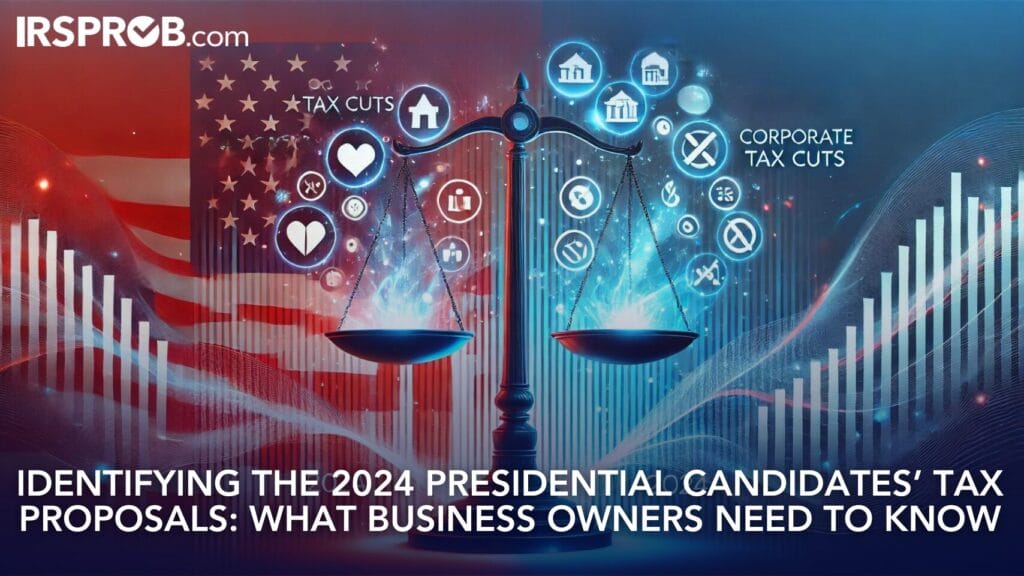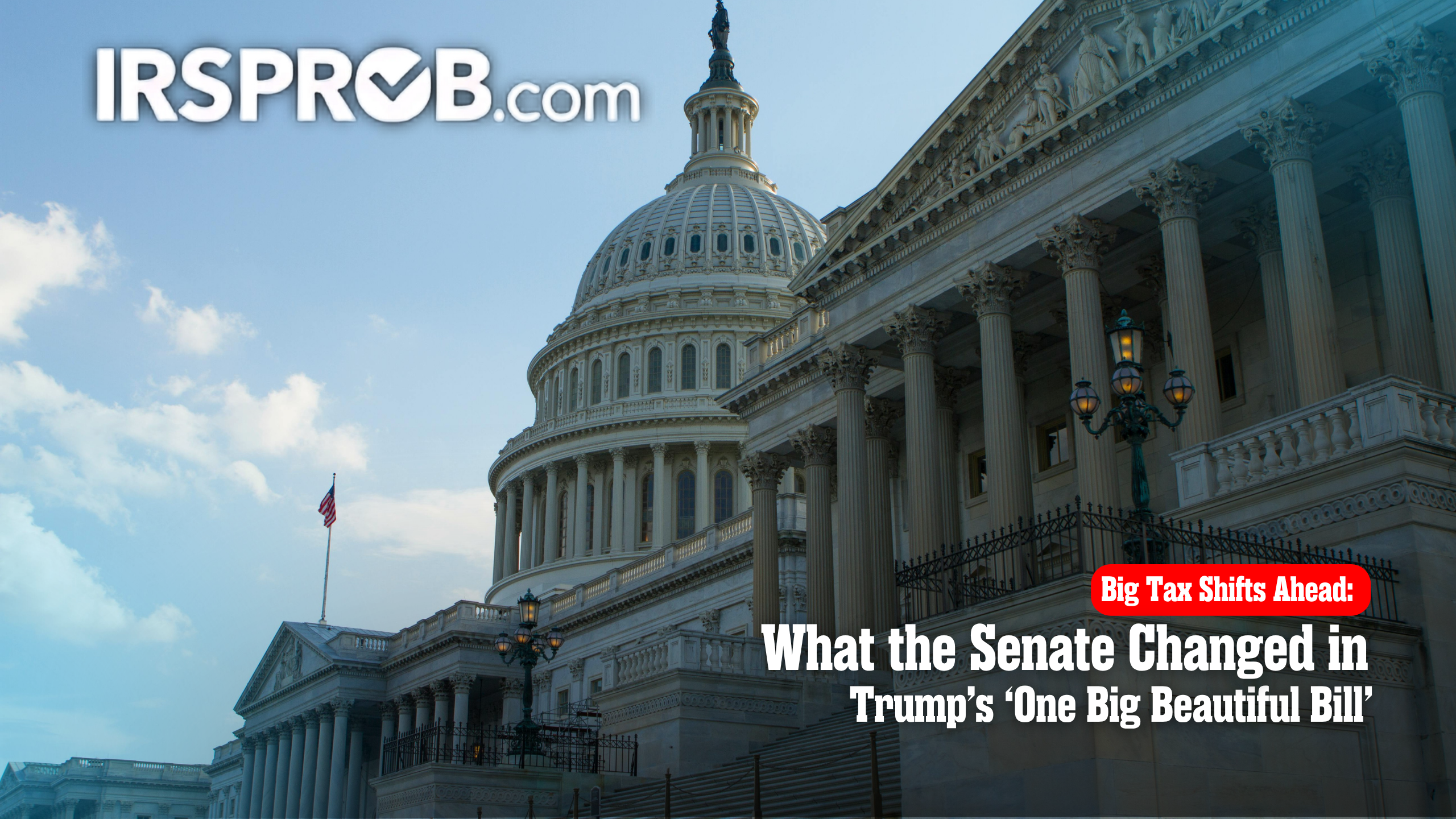
As the 2024 presidential election draws closer, tax policies have taken center stage in the campaigns of Vice President Kamala Harris and former President Donald Trump. While taxes are not the sole deciding factor for voters, they play a critical role for business owners who need to plan for the future. Here’s a breakdown of each candidate’s current tax proposals and what they could mean for your business.
Kamala Harris’ Tax Proposals
Vice President Harris’ tax agenda largely builds upon the tax policies of the current administration under President Biden. Her focus is on expanding support for families, housing, and healthcare while also increasing corporate tax rates.
Child Tax Credit Expansion
Harris proposes significant enhancements to the Child Tax Credit (CTC), which could affect both employees and business owners with families. The American Rescue Plan Act (ARPA) temporarily increased the CTC to $3,000 per child ($3,600 for children under six), but Harris is pushing to restore and expand these benefits permanently. Under her plan, the credit would increase to $6,000 for children under one year old, $3,600 for children aged two through five, and $3,000 for those six and older. This change could provide substantial tax relief for families, impacting personal tax liabilities.
Housing Incentives and Starter Home Tax Credits
For business owners in real estate or construction, Harris’ proposal to expand the low-income housing tax credit and introduce new tax credits for the construction of starter homes is particularly relevant. These measures aim to alleviate the housing shortage and could stimulate demand for new homes, benefiting those in construction, real estate, and related industries.
Health Insurance Premium Credits
Healthcare remains a significant cost for business owners, and Harris aims to make permanent the expanded health insurance premium tax credits introduced by ARPA. This would provide a continued reduction in health insurance costs for both employers and employees, helping small businesses manage one of their largest expenses.
Corporate Tax Rates
Harris plans to increase the corporate tax rate from 21% to 28%. While this increase would generate more federal revenue, it could also impact the bottom line for business owners. Higher corporate taxes mean less profit retained within the company, potentially affecting reinvestment and growth. Business owners may want to consider strategies to mitigate the impact, such as maximizing deductions or restructuring.
Tax Exemptions on Tips
Both Harris and Trump agree on one point—eliminating taxes on tips received by workers in the service industry. This change could reduce tax complexities for small business owners in restaurants and hospitality, offering a straightforward benefit to their employees.
Donald Trump’s Tax Proposals
Former President Trump’s tax plan focuses on maintaining key provisions of the 2017 Tax Cuts and Jobs Act (TCJA), set to expire after 2025, and introducing some new ideas that could reshape the tax landscape for business owners.
Lower Corporate Tax Rate
Trump proposes a reduction in the corporate tax rate from the current 21% to 20%, continuing his focus on corporate tax cuts. A lower corporate tax rate would allow businesses to retain more earnings, which could be used for growth, expansion, or increased employee wages. Small business owners, in particular, could benefit from additional cash flow.
Taxation of University Endowments
Trump has suggested taxing large private university endowments to fund the “American Academy,” a system designed to help students apply their credentials toward federal jobs. While this policy may seem tangential to business owners, it signals his broader approach to education reform and job creation, which could indirectly impact industries reliant on skilled labor.
Tariffs as a Replacement for Income Taxes
One of Trump’s more radical ideas is replacing the income tax system with an “all-tariff” system, which would levy a 10% tariff on all imports. While this could reduce the tax burden on domestic businesses, it could also increase the cost of imported goods, directly affecting industries that rely on international supply chains. Business owners should carefully assess how this shift might impact their costs and pricing strategies.
Gift and Estate Taxes
Trump’s plan includes making permanent the higher estate and gift tax exemptions established under the TCJA. Currently, the exemption is $13.61 million per individual for 2024, but it is scheduled to revert to $5 million (indexed for inflation) in 2026. If you’re a business owner with significant assets, particularly those considering succession planning, this proposal could help shield more wealth from taxation, making estate planning a critical consideration.
Exempting Social Security Benefits from Taxation
Another notable component of Trump’s plan is to exempt Social Security benefits from taxation. While this change may not directly affect business owners, it could provide personal tax relief to retirees, including business owners transitioning out of their companies.
Key Takeaways for Business Owners
Both candidates have outlined tax policies that could significantly impact your business. Kamala Harris focuses on social support through expanded tax credits and healthcare incentives, while also proposing an increase in corporate tax rates. Donald Trump continues to emphasize lower corporate taxes and broader economic shifts, such as tariffs.
To navigate these potential changes effectively, business owners should consider:
- Tax Planning: With the prospect of corporate tax increases under Harris or decreases under Trump, planning around potential changes is essential. This may involve accelerating deductions or restructuring your business to reduce tax exposure.
- Employee Benefits: Harris’ proposals around healthcare and child tax credits could reduce costs for your employees and provide opportunities for business owners to offer competitive benefits packages.
- Estate Planning: If Trump’s proposed extension of the estate tax exemption becomes law, business owners with significant assets should review their estate plans to maximize tax benefits.
- International Trade: Trump’s tariff proposal could lead to higher costs for imported goods. If your business relies on imports, it’s important to develop strategies to mitigate the potential increase in expenses.
As tax policies evolve, staying informed is crucial for making the best decisions for your business. Consider consulting a tax professional to ensure you’re prepared for the outcomes of the 2024 election.









